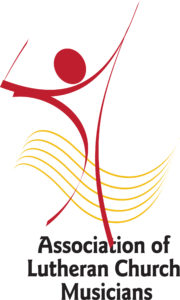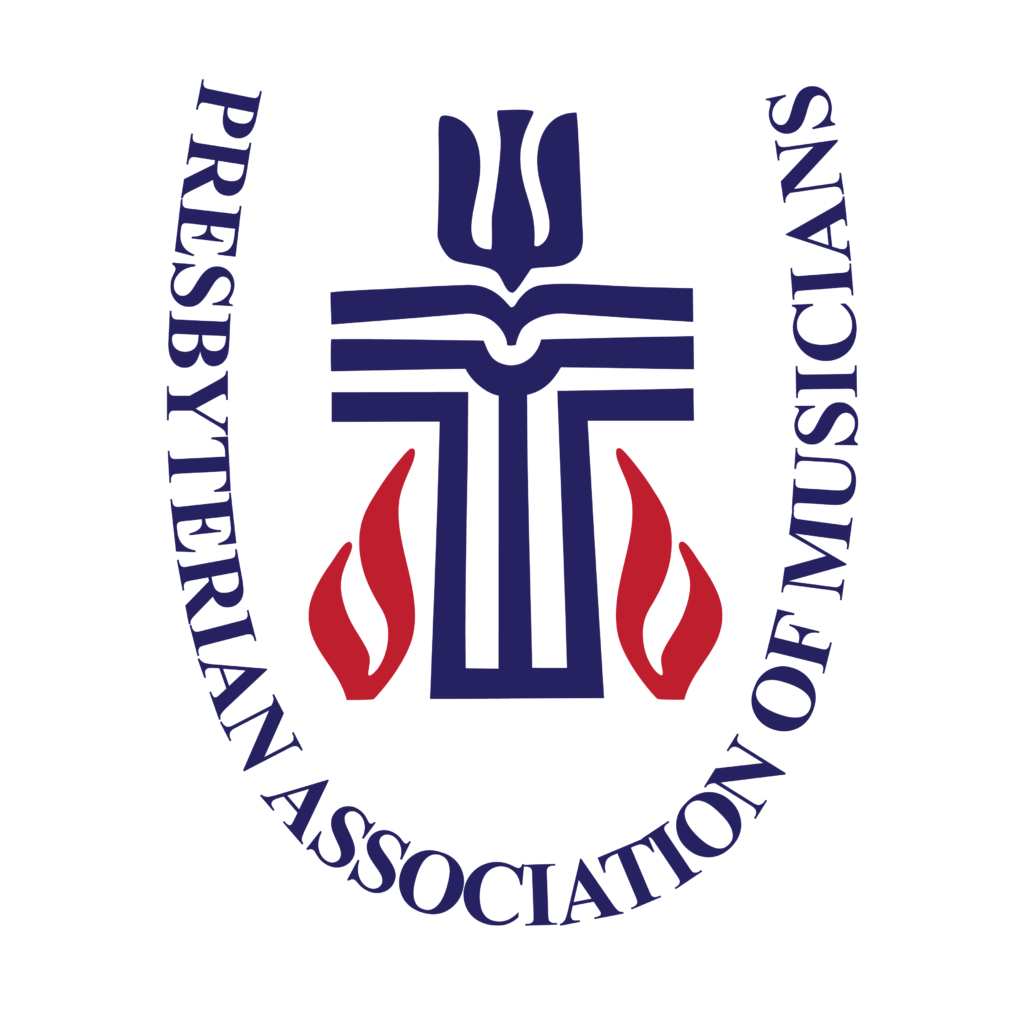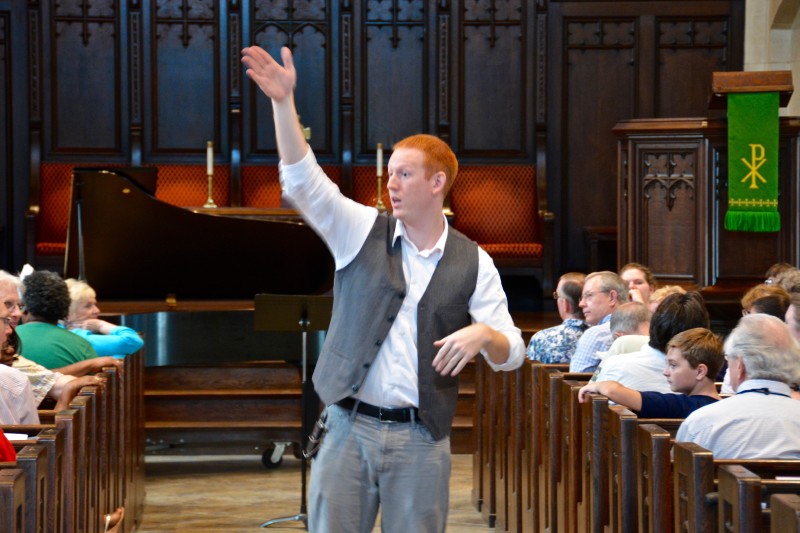For 2024’s “A Cappella Sunday” details and resources, click here.
What:
A Cappella Sunday is when worshiping communities across the United States commit to singing a cappella in their Sunday morning worship service. For communities where this is a new concept, it could just be one hymn, but for communities that are more comfortable singing unaccompanied, they are encouraged to sing their entire service a cappella. Below are why we do it, when we do it, and some resources to help make it successful.
It was a rich Lenten experience to spend a Sunday morning worshiping with only our voices. Thanks to @The Center for Congregational Song for the inspiration and encouragement. Soli Deo Gloria; To God alone be the glory!! – Justin Fox, Grace Community Church, Seal Beach, CA
Why:
Spending one Sunday a year to focus on your congregation singing a cappella (without instrumental accompaniment) has many benefits and purposes.
- It connects us to the history of the church. For thousands of years, a cappella singing was the mainstay of the church’s song. By recognizing this and exploring this way of music-making, we are acknowledging and honoring the saints of the past.
- It connects us to many Christian denominations, traditions, and regions of the world that continue to use a cappella music as their primary mode of music-making in corporate worship. Those include but are not limited to many Mennonite denominations, the Church of Christ, many Orthodox traditions, the Church of God in Christ, and South African Methodists.
- It offers to God something that is, for many congregations in the United States and Canada, a gift that is different from our usual music-making. Psalm 96:1 tells us to “Sing a new song to the Lord,” which can be achieved for some of us by singing a cappella.
- It encourages the congregation’s song by building up confidence in their own voices. Many in our congregations believe that they can’t sing, or can’t sing well. Singing a capella presents those people with the best opportunity to hear themselves and others singing, giving them a fresh perspective on their assumptions of their own abilities and the ability of the congregation’s combined voice.
- It emphasizes the unique ability of instruments to enhance the congregation’s song. By showing the congregation that they can sing without instrumental accompaniment, instrumental accompaniment can then begin to enhance and empower the congregation’s voice rather than acting primarily as a crutch.
- It allows the instrumentalists to spend a Sunday listening carefully to the congregation to assess where their voice needs support. Often times it is hard to listen carefully to the congregation when you are focusing on playing your instrument accurately and musically. This gives the instrumentalists permission to step away for a Sunday without feeling like they are leaving the congregation stranded.
- Finally, singing a cappella is fun! By removing our typical means of accompanying song, our minds are often challenged to come up with new and creative ways to sing together that maintains energy and vitality. It can bring out the best in not only the congregation, but in the musician’s leadership.
Our congregation chanted a psalm a cappella. My adult choir sings a cappella almost every week, but the congregation has rarely done so. I think it was quite a triumph. – Isaac Borocz, St. Matthew’s United Methodist Church, Bowie, MD
When:
Each year on the first Sunday of Lent
For this year’s “A Cappella Sunday” details and resources, click here.
Supporting Organizations:










